We provide over 100+ FREE crypto articles on our SubStack! :D (Link on our profile)
TLDR:
DeFi is still in its early stages and it is still risky. There are scams here and there. But we should not use a few black sheep to define the space as a ponzi scam. DeFi will develop further in the future with better testing. And it is clear that its potential will develop very quickly later.
DeFi is innovating fast. We should analyse and exploit the strengths. Scam projects will still emerge. Our continuous education and knowledge will help reduce that.
Get smart: DeFi is not exactly a Ponzi Scam, it is still evolving and will have limitations in it.
Get smarter: The growth potential of DeFi is huge, we see the traditional financial system, the governance system is very ineffective. Thing resources are under-utilised and expensive. DeFi is trying this problem and if it succeeds it will be revolutionary.
General Conclusion
Some people claim that DeFi is a scam ponzi because there are a lot of pumps and dumps. Everything on Twitter is shilling all kinds of different projects. Now there are a lot of risks involved, and the projects are not fully audited. So a lot of people are wondering this is a ponzi scam of part of the innovation cycle.
In this article, we will tell why DeFi is more than just a ponzi scam.
We cover 3 things today:
- Why DeFi feels like Ponzi
- Why DeFi is not Ponzi
- Future of DeFi.
When talking about DeFi here, we are referring to the general ecosystem and not a single project, because the ecosystem is doing quite well in general.
Sure, there are some systems around the world with plenty of scams. This includes traditional financial market. But you cannot discredit the entire system because of a few black sheep.
DeFi is a new system and industry. There will be a few scams coming out but you cannot define this for the entire ecosystem, which is doing a lot of good and interesting things.
DeFi and Ponzi
If you google the keyword "DeFi and Ponzi", you can see a lot of articles saying that DeFi is like Ponzi, just another name called, DeFi is basically ICO 2.0 where people are pumping and dumping, whale manipulation, etc.
What it feels like: Everything is just memes and a joke. Is this even serious? Why do I have to join? How is this legal and how can people make money? Projects with 100% APY; where does the money come from and why is it valuable? People just swapping or trading tokens together, but it was in a circle, a pyramid scheme.
What it actually is: Liquidity Mining (Synthetix) and Yield Farming (Compound) are ways to bootstrap growth and to reward a decentralised community to take ownership of the protocol. High rewards for risk takers in the early days is rationally sound. And when payout for the risk takers happen all at once, it feels like the APY is insanely high.
Why DeFi is not Ponzi
1. Grow the Pie
Answer the above question briefly: this is not necessarily true. If you look at the distribution of the entire economic value as a pie, a ponzi scam is where you are extracting value every time someone is coming in. This means that the pie doesn't change much, you give your money to someone else to receive new tokens.
DeFi is like the pie, that keeps growing. There are many projects/protocols under construction, such as lending protocol, Dex protocol, portfolio asset management protocol, etc. They're in beta testing in this early stage and they do not try to capitalise on the entire financial market which is a big field.
Each DeFI tries to do well with a specific purpose, they are like small lego blocks, combined together to create various different products. This is composability, the protocols can interact with each other and make the pie grows. Just like in order to make a delicious pie, we have to add more kinds of fillings. This is why it is so interesting and exciting.
On the protocol side, the protocols with all these little ecosystems and applications whose own community can grow by interacting together.
With the platform which is pretty neutral because they are technology, the added value from connecting buyers and sellers. If we look at economics, this is supply and demand, and they only make sense when there is equilibrium and interacting together.
The protocols/applications are trying to build to the playing field, from which suppliers and buyers can come to interact with each other. The more interactions, the more economic value added is created and the pie keeps growing.
2. Experimenting with New Business Models
According to the economics perspective, if you observe the previous business models, it is usually one-sided. Going back to the above example, if I make a cake, you go to a bakery and buy it, there is nothing more I can do like asking a few people to try a new or similar flavour. Supply and demand are still very dependent.
However, when we look back about 10 years ago, a new business model emerged called the platform. We have Amazon, AirBnb, Uber, etc. which provide the technology to connect the two sides of the ecosystem together to transact. This creates a lot of economic value.
Suppose I am an economist, the question is: how to quantify the economic value created? We can then calculate metrics like GDP, because it represents the growth of a platform.
With these values, you can calculate the value-added with all of these transaction fees. But there is a lot of intangible value being created in the ecosystem, which is connecting two sides of the platforms together for easier interaction. By reducing transaction costs, it increases economic value. This is what an economist observes and we are working on it. Specialities focus on the digital economy and how to compute them.
I realised that what we are doing with native tokens is considering how valuable they are to the ecosystem. Tokens can have a lot of utility and represent value. More specifically, these tokens are representing the value of some ecosystem.
That way, we are assigning a monetary policy value to the economies that the system is creating. And we can calculate metrics, like GDP. All of the above gets interesting.
3. New P2P Incentive Models
We are developing new p2p incentive models. One thing about decentralised finance as a whole is the complete elimination of middlemen. Instead of centralised power in one person/place, they are distributed equally to everyone. Now, we have more money to be distributed, instead of sending them to intermediaries. In traditional finance, for example, a public initially listed on a stock exchange must go through banks and pay them an expensive fee, but these are eliminated in decentralised finance, where those companies can list their tokens on dexes, provide liquidity, and lots of other incentives.
This is very interesting. We are phasing out intermediaries that are stealing a lot of money. But the bad thing is we have a lot of money not distributed: how do we allocate them? How do we reward the right types of people?
I would say that these will keep moving forward because we realise that capitalism does not work so much anymore and is not going to be sustainable in the long-term. That makes us look forward to new paradigms of capitalism, like social capitalism kind of thing.
We need to have lots of new p2p incentive models and the best place to test is DeFi which has liquidity farming, yield farming, etc. For these interesting mining and incentive mechanisms, we are trying to try many different incentive mechanisms and create many interesting future mechanisms.
Future of DeFi
There are two things that we see in DeFi's future:
- On-chain Financial Experiments and Mechanisms to be used in TradFi
The first thing we are seeing in DeFI right now is that you don't have many transactions in the real world. That goes back to my point of the whole GDP accountability because we are trading nominal value, not much real value transactions since you exit the crypto space and transfer the money to the bank.
Right now, everything is still within the on-chain sphere. DeFi's future is to allow these experiments and experiences to interact within the off-chain world. Because the off-chain world is very ineffective (like the financial system, the governance system, etc.).
What we are trying to do now is to run all these little experiments/tests. If it works in on-chain well, we can extend to the off-chain world, creating a bridge to connect the 2 worlds. This is really interesting. - Economic Valuation from Ecosystems
Second, we can now more easily calculate the economic values generated from specific individual ecosystems, while also moving them off-chain world and account for them in a much more equitable way. It leads to governance which has better resources/data points to be accounting for all these different changes in the world.
Conclude
Here is a quick summary of the Ponzi Scam and DeFi and I would say that not all DeFi platforms are Ponzi Scam. One of them could be a scam and you need to check it out carefully. For non-scam projects, they are fun experiences. We need to learn to understand how it works and explore what kind of experiments capital allocation and governance system that could be.
Honestly, I am going to tell you that there is so much economics literature out there, talking about the technical and the academic aspects of all these experiments, but we never really had a chance to explore them. There are a lot of interesting monetary policy mechanisms in academic papers, but we don't really use them. We have a lot of dynamic variables in DeFi space and we can test these experiences.
In fact, in the economics space, a lot of people are experimenting with many different theories on DeFi and if it works which will lead to a huge change and bring DeFi even more powerful. Their users also become part of DeFi's future development. An example of a testnet is the experiments of crypto and crypto itself is the experiments of the off-chain world. This is super fascinating and now one of the best times to be.
[link] [comments]

You can get bonuses upto $100 FREE BONUS when you:
💰 Install these recommended apps:
💲 SocialGood - 100% Crypto Back on Everyday Shopping
💲 xPortal - The DeFi For The Next Billion
💲 CryptoTab Browser - Lightweight, fast, and ready to mine!
💰 Register on these recommended exchanges:
🟡 Binance🟡 Bitfinex🟡 Bitmart🟡 Bittrex🟡 Bitget
🟡 CoinEx🟡 Crypto.com🟡 Gate.io🟡 Huobi🟡 Kucoin.
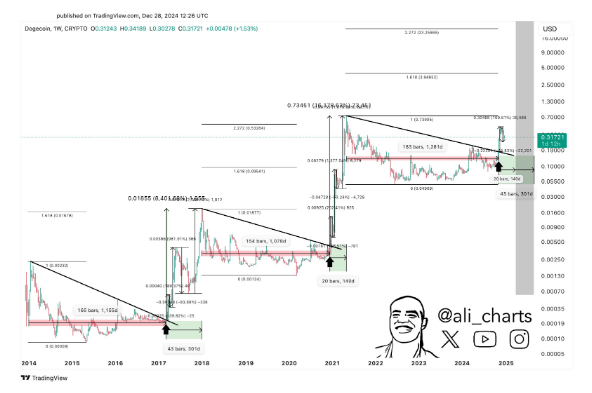
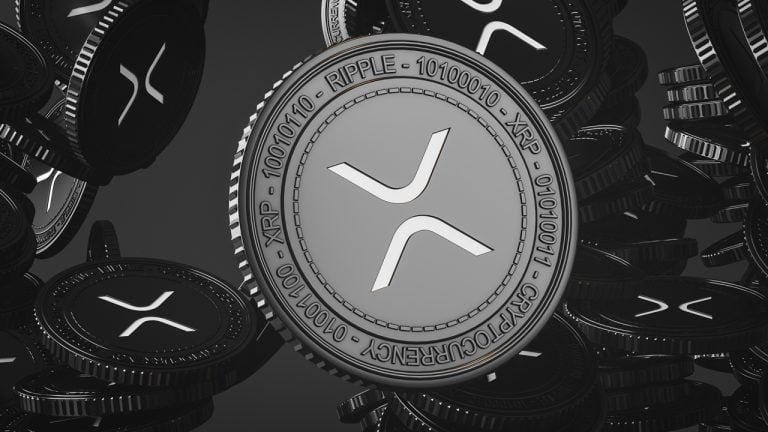
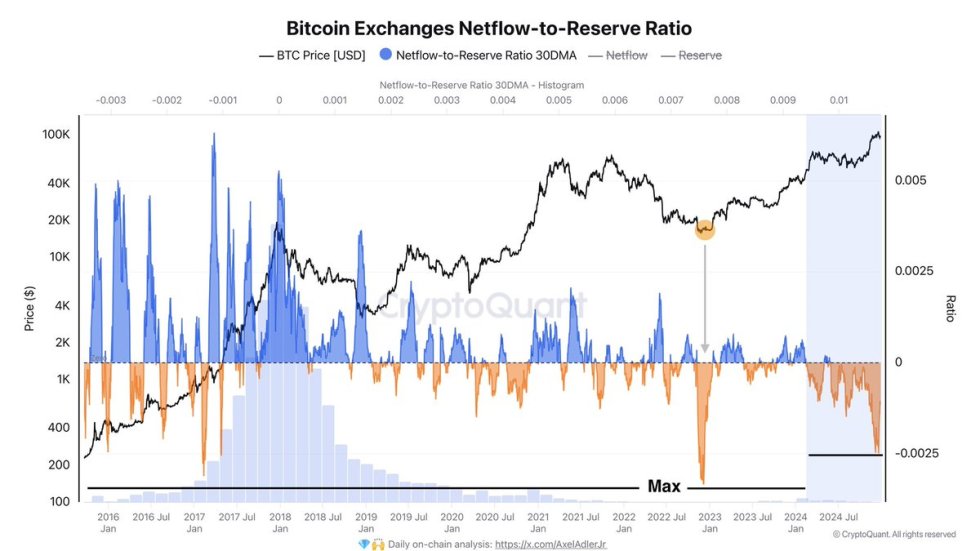
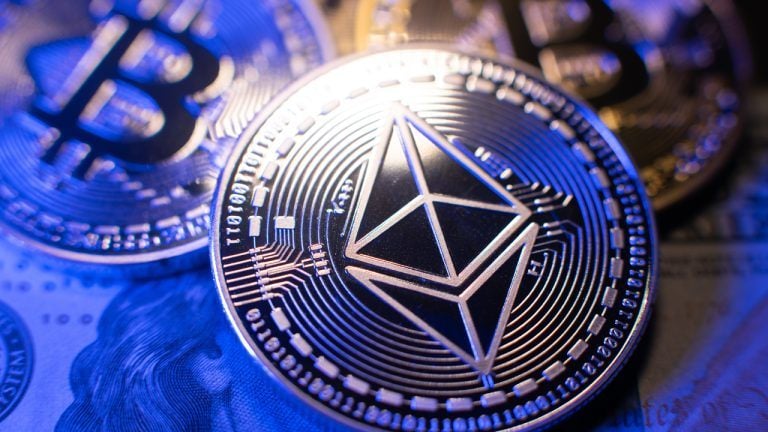



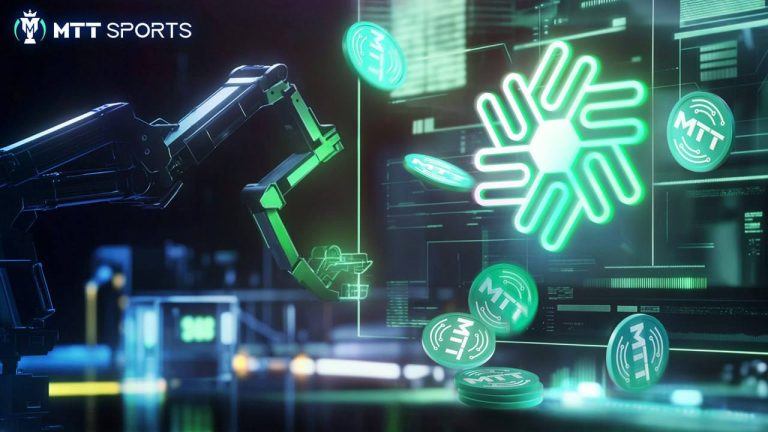

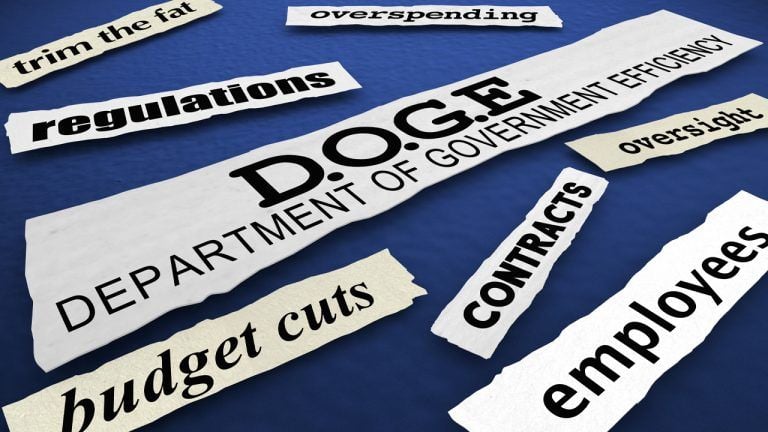
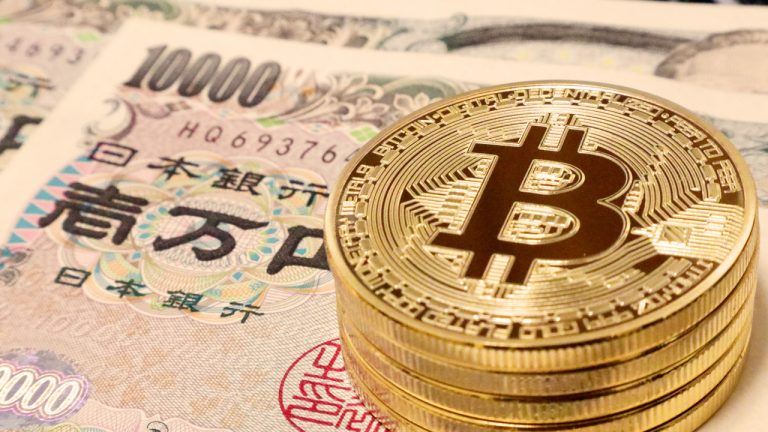




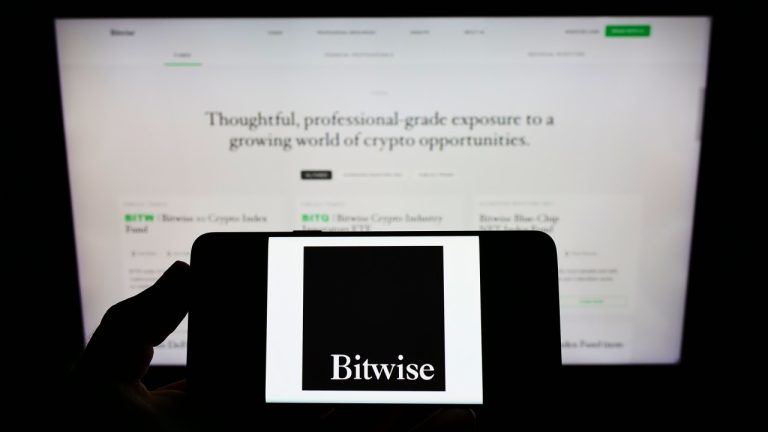


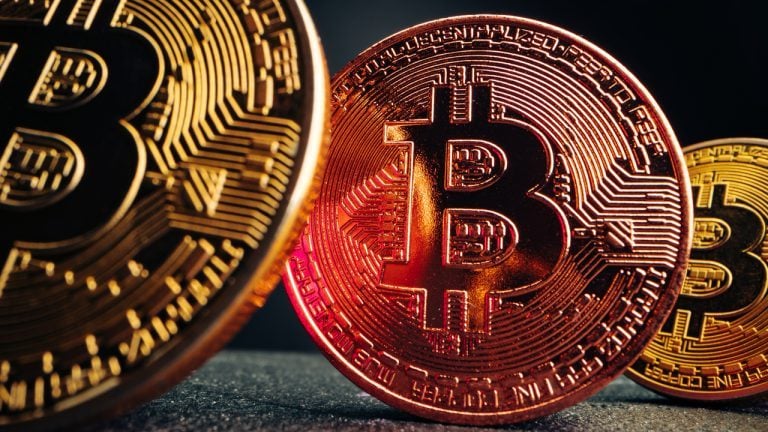

Comments